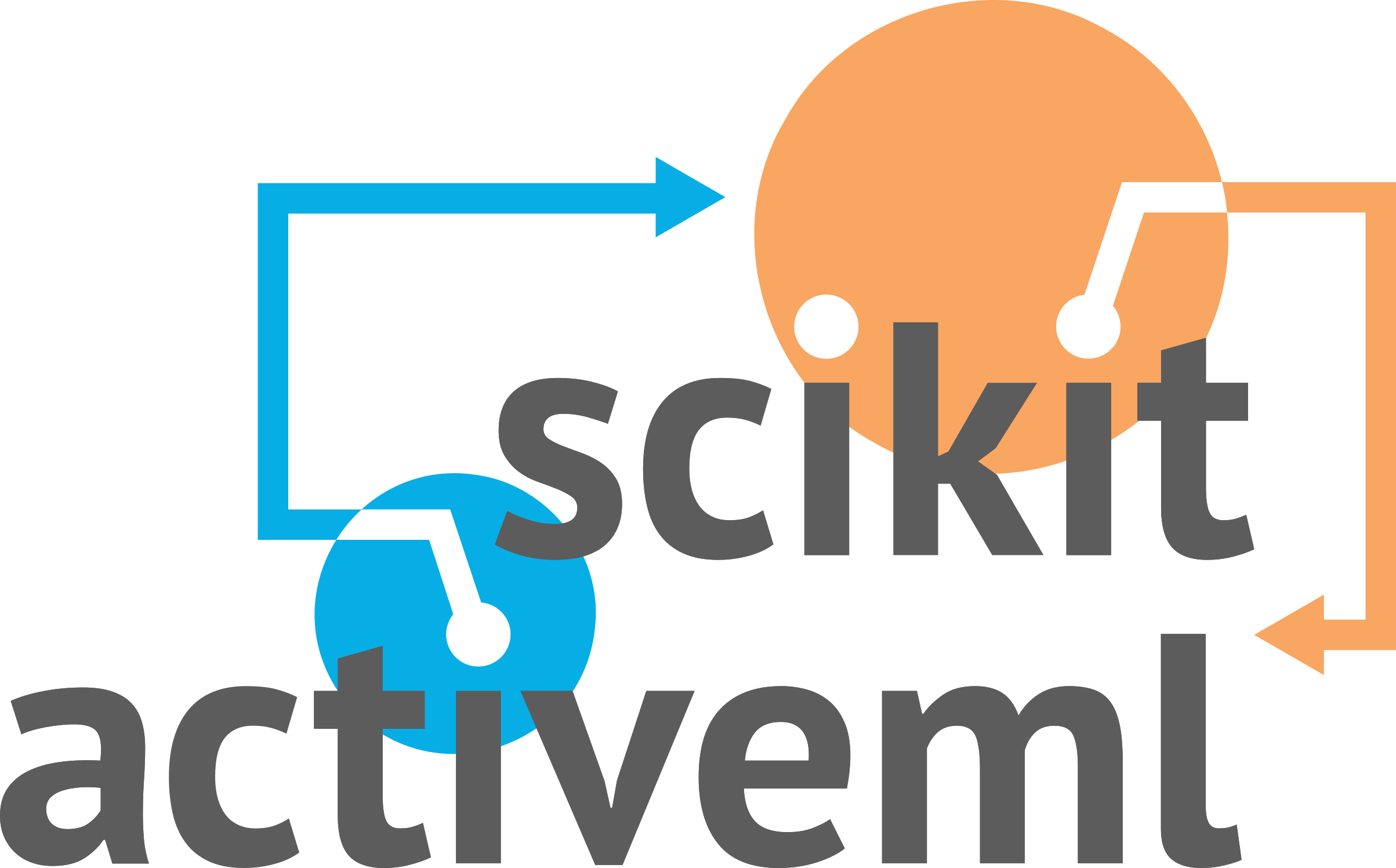import numpy as np
from copy import deepcopy
from skactiveml.base import BudgetManager
from skactiveml.utils import check_scalar, check_random_state
[docs]
class DensityBasedSplitBudgetManager(BudgetManager):
"""Budget Manager for DBALStream
This budget manager is an adaptation of
:class:`.RandomVariableUncertaintyBudgetManager` for DBALStream [1]_. It
mainly differs in how the available budget ist estimated. Instead of the
estimated budget proposed by Žliobaitė et. al. [2]_, this budget manager
counts the number of queried and seen instance, such that the number of
available queries is given as `n_seen_samples-n_queried_samples*budget`.
Parameters
----------
theta : float, default=1.0
Specifies the initial value for `theta_` that is used for calculating
the threshold.
s : float, default=0.1
Specifies the relative increase or decrease of the threshold if an
sample is queried or not, respectively.
delta : float, default=1.0
Specifies the standart deviation of the normal distribution used for
randomization of the threshold.
random_state : int or RandomState instance or None, default=None
Controls the randomness of the budget manager.
budget : float, default=None
Specifies the ratio of samples which are allowed to be sampled, with
`0 <= budget <= 1`. If `budget` is `None`, it is replaced with the
default budget 0.1.
References
----------
.. [1] D. Ienco, I. Žliobaitė, and B. Pfahringer. High density-focused
uncertainty sampling for active learning over evolving stream data. In
Int. Workshop Big Data Streams Heterog. Source Min. Algorithms Syst.
Program. Models Appl., pages 133–148, 2014.
.. [2] I. Žliobaitė, A. Bifet, B. Pfahringer, and G. Holmes. Active
Learning With Drifting Streaming Data. IEEE Trans. Neural Netw. Learn.
Syst., 25(1):27–39, 2014
"""
def __init__(
self,
theta=1.0,
s=0.01,
delta=1.0,
random_state=None,
budget=None,
):
super().__init__(budget)
self.theta = theta
self.s = s
self.delta = delta
self.random_state = random_state
[docs]
def query_by_utility(self, utilities):
"""Ask the budget manager which `utilities` are sufficient to query the
corresponding labels.
Parameters
----------
utilities : array-like of shape (n_samples,)
The utilities provided by the stream-based active learning
strategy, which are used to determine whether querying a sample
is worth it given the budgeting constraint.
Returns
-------
queried_indices : np.ndarray of shape (n_queried_indices,)
The indices of samples in candidates whose labels are queried,
with `0 <= queried_indices <= n_candidates`.
"""
utilities = self._validate_data(utilities)
confidence = 1 - utilities
# intialize return parameters
queried_indices = []
tmp_u = self.u_
tmp_t = self.t_
tmp_theta = self.theta_
prior_random_state = self.random_state_.get_state()
# get confidence
for i, u in enumerate(confidence):
tmp_t += 1
budget_left = self.budget_ > tmp_u / tmp_t
if not budget_left:
sample = False
else:
eta = self.random_state_.normal(1, self.delta)
theta_random = tmp_theta * eta
sample = u < theta_random
# get the indices samples that should be queried
if sample:
tmp_theta *= 1 - self.s
queried_indices.append(i)
else:
tmp_theta *= 1 + self.s
tmp_u += sample
self.random_state_.set_state(prior_random_state)
return queried_indices
[docs]
def update(self, candidates, queried_indices):
"""Updates the budget manager.
Parameters
----------
candidates : {array-like, sparse matrix} of shape\
(n_samples, n_features)
The samples which may be queried. Sparse matrices are accepted
only if they are supported by the base query strategy.
queried_indices : np.ndarray of shape (n_queried_indices,)
The indices of samples in candidates whose labels are queried,
with `0 <= queried_indices <= n_candidates`.
Returns
-------
self : RandomVariableUncertaintyBudgetManager
The budget manager returns itself, after it is updated.
"""
self._validate_data(np.array([]))
queried = np.zeros(len(candidates))
queried[queried_indices] = 1
self.random_state_.random_sample(len(candidates))
for s in queried:
self.t_ += 1
if self.budget_ > self.u_ / self.t_:
if s:
self.theta_ *= 1 - self.s
else:
self.theta_ *= 1 + self.s
self.u_ += s
return self
def _validate_data(self, utilities):
"""Validate input data.
Parameters
----------
utilities: array-like of shape (n_samples,)
The `utilities` provided by the stream-based active learning
strategy.
Returns
-------
utilities: ndarray of shape (n_samples,)
Checked `utilities`.
"""
utilities = super()._validate_data(utilities)
# Check theta
self._validate_theta()
# Chack s
check_scalar(
self.s, "s", float, min_val=0, min_inclusive=False, max_val=1
)
# Check delta
check_scalar(
self.delta, "delta", float, min_val=0, min_inclusive=False
)
# check if calculation of estimate bought/true lables has begun
if not hasattr(self, "u_"):
self.u_ = 0
if not hasattr(self, "t_"):
self.t_ = 0
self._validate_random_state()
return utilities
def _validate_theta(self):
"""Validate if theta is set as a float."""
check_scalar(self.theta, "theta", float)
# check if theta exists
if not hasattr(self, "theta_"):
self.theta_ = self.theta
def _validate_random_state(self):
"""Creates a copy 'random_state_' if random_state is an instance of
np.random_state. If not create a new random state. See also
:func:`~sklearn.utils.check_random_state`
"""
if not hasattr(self, "random_state_"):
self.random_state_ = deepcopy(self.random_state)
self.random_state_ = check_random_state(self.random_state_)
